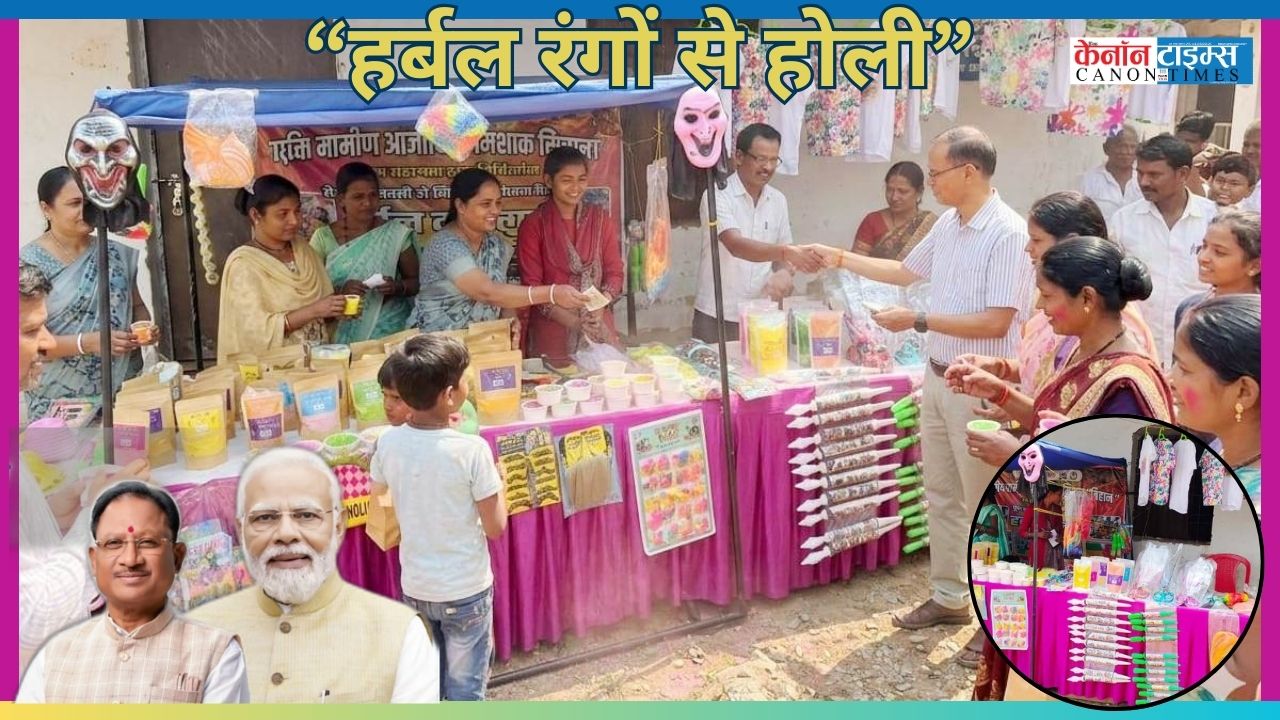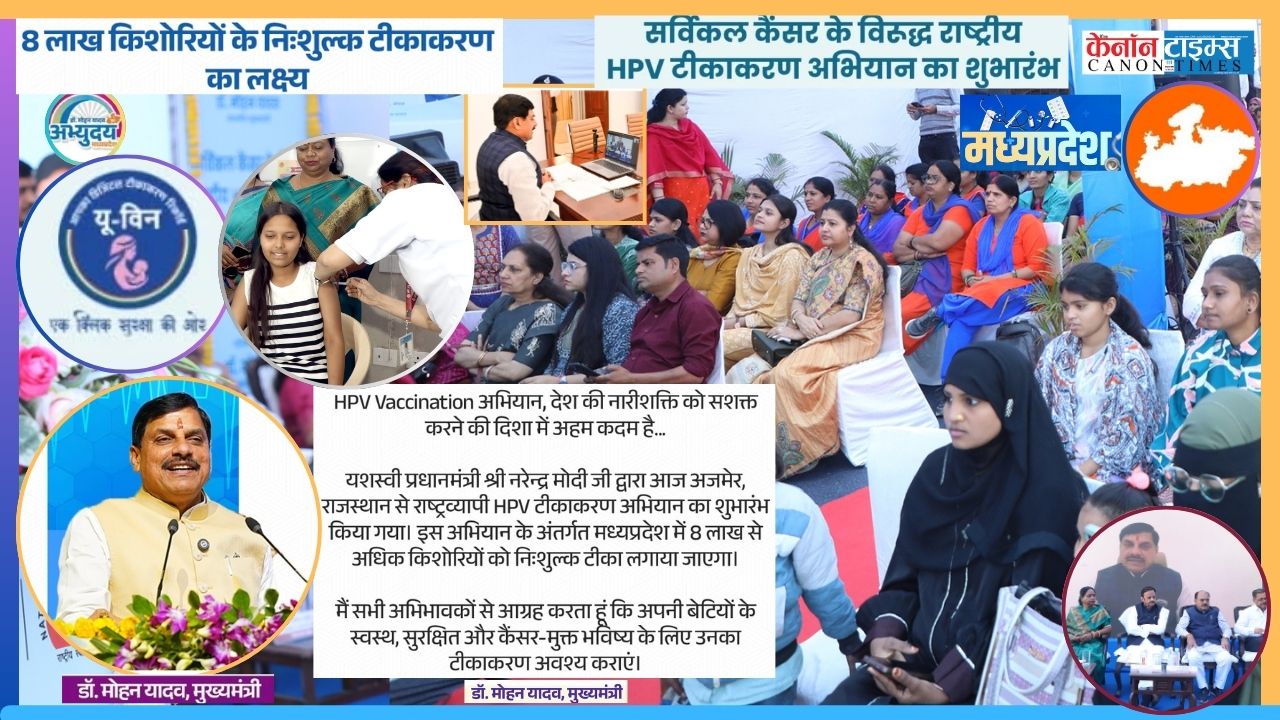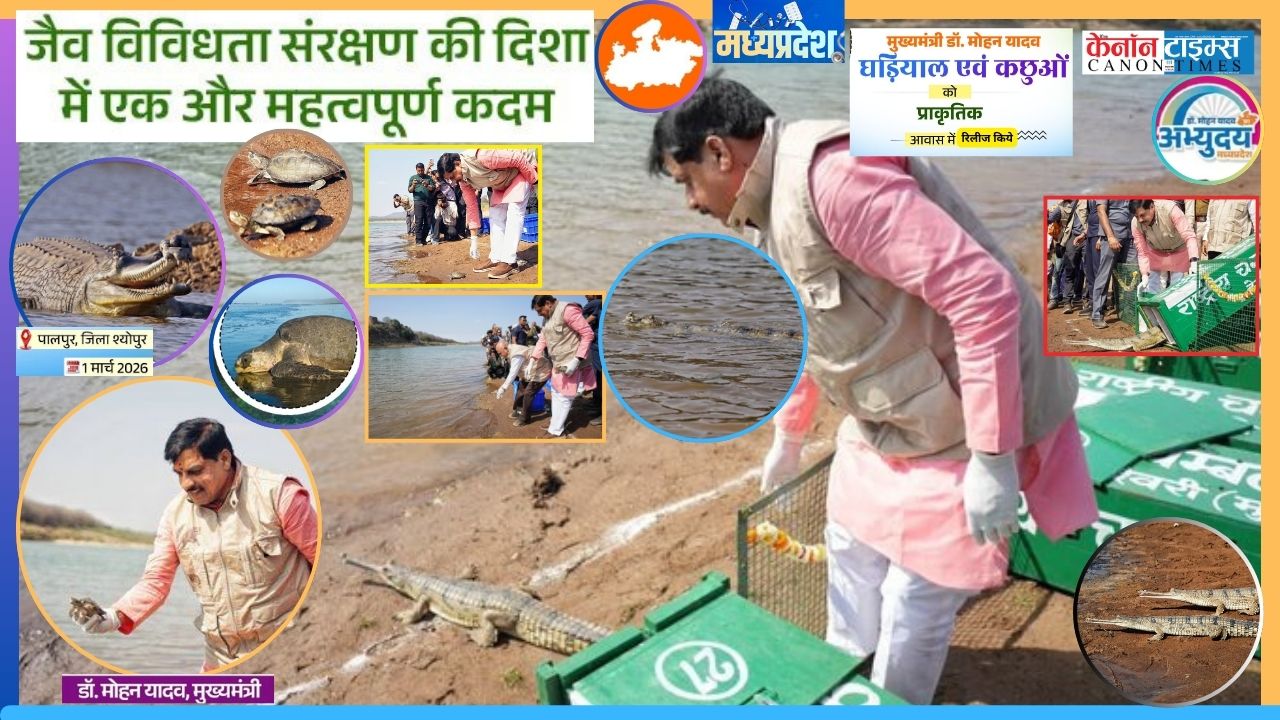What sparked the dispute? Who actually owns the island? How was the situation resolved? What was India’s gain? Will reviewing bilateral agreements resolve the fishermen’s problem? What has been the response in India, particularly Tamil Nadu? So, what about Sri Lanka?
On March 31, Prime Minister Narendra Modi accused Congress of “callously” handing over Katchatheevu island to Sri Lanka in a social media post on ‘X’. He highlighted a media report on papers obtained in response to a Right to Information Act application from K. Annamalai, head of the Bharatiya Janata Party (BJP) Tamil Nadu. Following Mr. Modi’s claim, External Affairs Minister S. Jaishankar addressed a media briefing to elucidate. In his call for a “solution,” he argued that bilateral agreements signed by India and Sri Lanka in 1974 and 1976, when the Congress and the Dravida Munnetra Kazhagam (DMK) were in power at the Centre and in Tamil Nadu, showed disregard for Katchatheevu island and jeopardised Indian fishermen’s rights in the Palk Strait.
Where is Katchatheevu located?
Katchatheevu is a 285-acre deserted island located in the Palk Strait, between Tamil Nadu and northern Sri Lanka. It is located 14.5 miles south of Delft Island and approximately 16 km northeast of Rameswaram. The area lacks water and infrastructure, with just a Catholic edifice dedicated to St. Anthony.
What exactly was the issue?

The disagreement centred on who owned Katchatheevu. Negotiations between the British colonial administrations of Madras and Ceylon began in 1921. Both sides claimed geographical possession.
In 1974 and 1976, India and Sri Lanka reached bilateral agreements under Prime Ministers Indira Gandhi and Sirimavo Bandaranaike to resolve the issue after five decades. The nations recognised that Katchatheevu is inside Sri Lanka’s jurisdiction and located on a maritime boundary between the Gulf of Mannar and Bay of Bengal, defining the two countries’ exclusive economic zones. India and Sri Lanka agreed to exercise sovereign rights over their respective exclusive economic zones, including both living and non-living resources. The understanding was that fishing vessels and fishermen from India and Sri Lanka would not fish in each other’s waterways, territorial sea, or exclusive zone.
Despite a territorial dispute, fishermen from Tamil Nadu and northern Sri Lanka visit Katchatheevu for the annual St. Anthony’s festival in March. The 1974 agreement allows Indian fishermen to visit the island in Sri Lankan territorial seas for relaxation, net drying, and festivals without requiring a passport. However, fishing activities are prohibited.
What exactly did India get?
According to analysis New Delhi was perceived as gaining diplomatic clout with its neighbour, who was then aligned with China. After Bangladesh’s freedom, New Delhi prioritised strong connections with Sri Lanka, despite the challenge of granting citizenship to Indian-origin Tamils who remained stateless in Sri Lanka. New Delhi gained sovereign rights to Wadge Bank, near Kanniyakumari, and its abundant marine resources.
Earlier this year, the Union Ministry of Petroleum and Natural Gas, Directorate of Hydro-Carbon issued a Notice Inviting Offers (NIO) for the exploration and development of oil and gas blocks in India under the Hydrocarbon Exploration and Licencing Policy. Residents of Kanniyakumari and environmentalists expressed worries about the damage on the marine biodiversity surrounding Wadge Bank due to this relocation.
Are the fishermen’s arrests linked to the island?
They are not. For years, the Sri Lankan Navy has arrested Indian fishermen from Tamil Nadu for illicit fishing in their territorial seas. Arrests are typically made on Sri Lanka’s northern coasts, beyond Katchatheevu. Northern Sri Lankan fishermen, who speak Tamil, have been campaigning for their fishing rights since the conclusion of the civil war in 2009. Indian fishing vessels hinder their post-war rehabilitation efforts. They oppose the bottom-trawling fishing approach utilised by their Indian counterparts, which involves scooping up all marine animals, including small fish and eggs, from the seabed.
During the 1950s and early 1970s, the Norwegian government invested millions of euros in modernising India’s fishing fleet to increase marine exports. The practice has led to the depletion of marine resources around Tamil Nadu’s coast, leading Indian fishermen to seek refuge in Sri Lanka’s rich marine biodiversity, particularly shrimps. Northern Sri Lankan fishermen are protesting the use of bottom trawling, which Indian fishermen continue to employ, despite a 2016 agreement between the two governments to halt the practice. The conflict between Tamil-speaking fishermen in India and Sri Lanka involves illicit fishing in Sri Lankan seas using forbidden bottom trawlers. While politicians in India sometimes mix together the two issues, it’s important to note that the “retrieval” of Katchatheevu is not a solution to the problem.
How has the situation been handled?
The opposition parties, led by the Congress, criticised the statements, noting the government’s 2015 position that past accords did not include purchasing or relinquishing Indian land. M.K. Stalin, Chief Minister of Tamil Nadu, questioned if PM Modi had discussed the retrieval of the Katchatheevu island with Sri Lanka during his 10-year administration. Senior Indian officials in Sri Lanka warn that challenging prior accords might harm India’s credibility and ties with its neighbour. Sri Lanka’s Foreign Minister, Ali Sabry, has stated that there is no need to recommence negotiations on a topic that was addressed 50 years ago, which may be perceived as a subdued response. Sri Lanka’s Fisheries Minister, Douglas Devananda, has accused India of preventing Sri Lankan fishermen from accessing Katchatheevu, citing self-interest.
Fishermen on both sides have expressed alarm over the words, reminding the two governments of the need to address the “sheries conflict,” which threatens the region’s marine ecology and livelihoods.
ABHISHEK VERMA
प्रधानमंत्री जी के नेतृत्व में भारत विकास के रास्ते में चल रहा है- ज्योतिरादित्य सिंधिया
Author: This news is edited by: Abhishek Verma, (Editor, CANON TIMES)
Authentic news.






